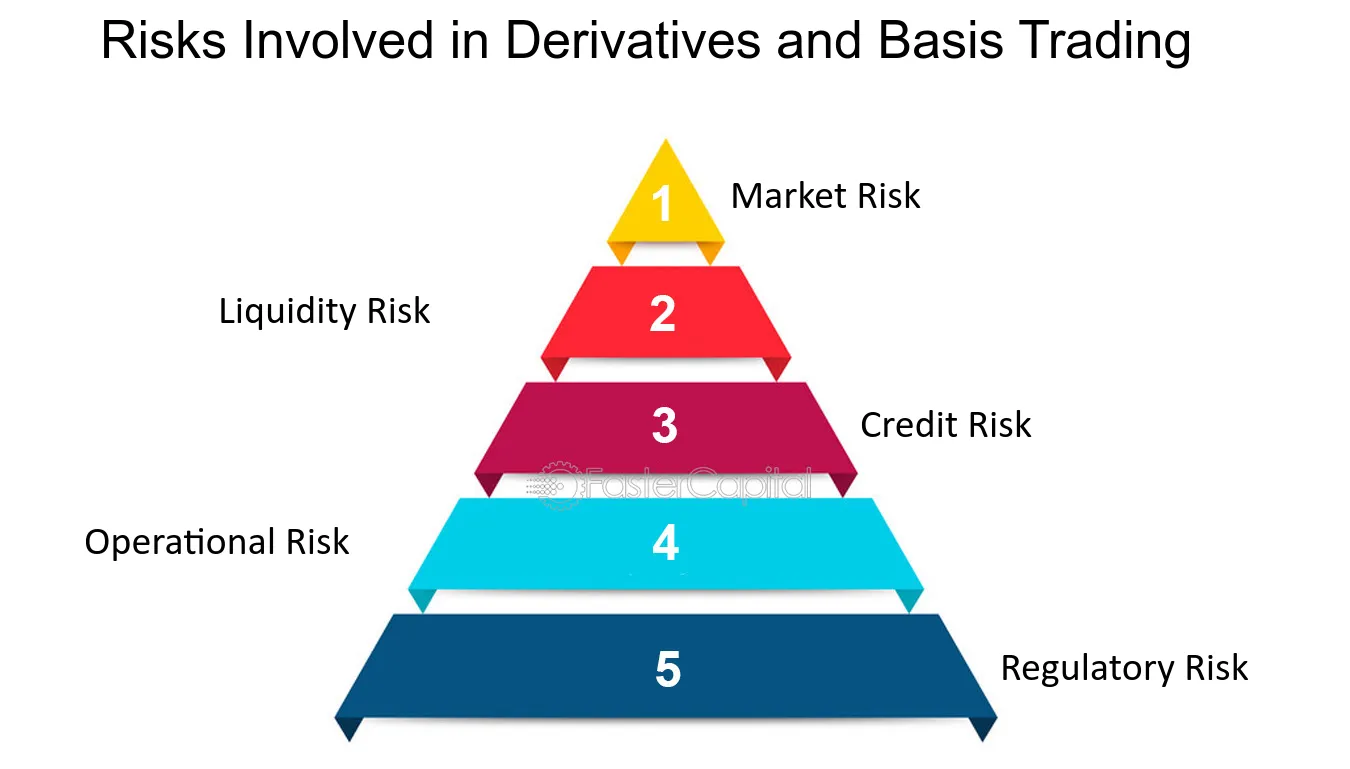The world of derivatives, particularly Futures and Options trading, has seen a significant rise in interest from retail investors across India. However, recent revelations around global firm Jane Street’s trading activity have exposed the deep structural imbalances in this segment. The case has become a glaring example of how expiry day strategies can be manipulated, often leaving ordinary investors at a massive disadvantage.

The Securities and Exchange Board of India’s findings revealed an unsettling pattern. On January 17, 2024, the expiry day of Bank Nifty contracts, a staggering 103 lakh crore rupees worth of options were traded. This was more than 350 times the volume of the actual bank stocks involved, clearly indicating that something was off. Such distortions are often driven by large institutional players equipped with cutting edge algorithms and access to superior information and trading speed. This creates a marketplace where ordinary investors find themselves swimming upstream, often unaware of the tides working against them.
Experts in the industry argue that the structure of the F&O market is inherently skewed. Volatility spikes, time decay, and sharp moves near expiry are often influenced not by natural market behavior, but by calculated moves from larger players. Jane Street reportedly exploited this by pairing moves in the cash market with weekly options to engineer short term distortions. For retail traders, these price shifts often result in unanticipated losses, especially when they’re betting without the full understanding of how expiry dynamics work.
A deeper problem lies in the retail illusion of quick and easy profits. The promise of making money in weekly options attracts many first time investors. But data from the regulator tells a different story. In FY25 alone, retail investors lost over one lakh crore rupees in derivatives trading, with 91 percent of participants posting net losses. This isn’t just underperformance. It’s a systemic capital drain.
:max_bytes(150000):strip_icc()/DerivativesTypesConsiderationsandProsandCons_final-104fe13cf7794cefa5332690df022308.png)
Industry voices are now urging caution. Puneet Sharma, CEO of Whitespace Alpha, points out that the frequent use of short duration weekly options, excessive leverage, and sudden rallies are often signs of a manipulated market. He emphasizes that investors need to be well versed in risk management rather than chasing returns without understanding the rules.
Some experts recommend that ordinary investors should stay away from short term options altogether. Monthly options, which are slightly less volatile and manipulated, can offer a safer entry point for those who truly wish to explore derivatives. Others suggest that retail traders should only use options for hedging their stock portfolios, rather than placing blind bets on expiry movements.

Understanding the microstructure of the market is essential. That includes knowing how options are priced, how time decay erodes value, and how larger participants can influence price discovery. Without this knowledge, retail investors are not just misinformed but unprotected. Tools like stop losses, position sizing, and diversification are critical to navigating such a volatile space. Advanced techniques such as put spread hedging can provide additional layers of security but only for those who understand them well.
The key takeaway is clear. Derivatives trading is not about luck or quick wins. It is a zero sum game. For every winner, there is a loser. Since there is no underlying value creation like in equity investment, every trade made is a wager against someone else. And more often than not, retail investors are up against institutions that hold every possible advantage.
For long term financial health, the focus must shift to education, awareness, and disciplined investing. Success in derivatives does not come from gambling on expiry day but from understanding the terrain and knowing where you stand in the hierarchy of market participants.
For more finance updates, expert insights, and smarter investing ideas, follow You Finance on Instagram and Facebook.















